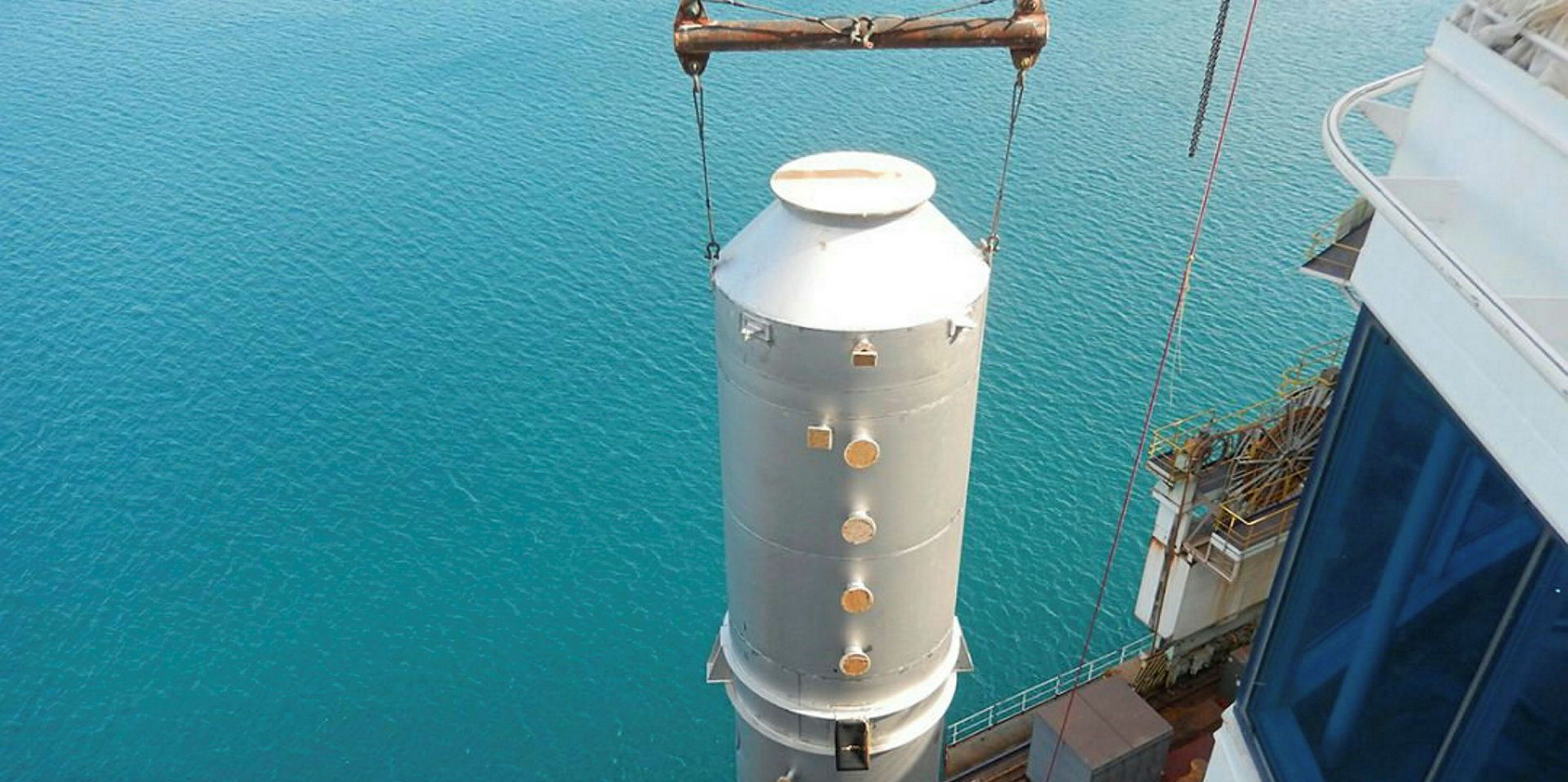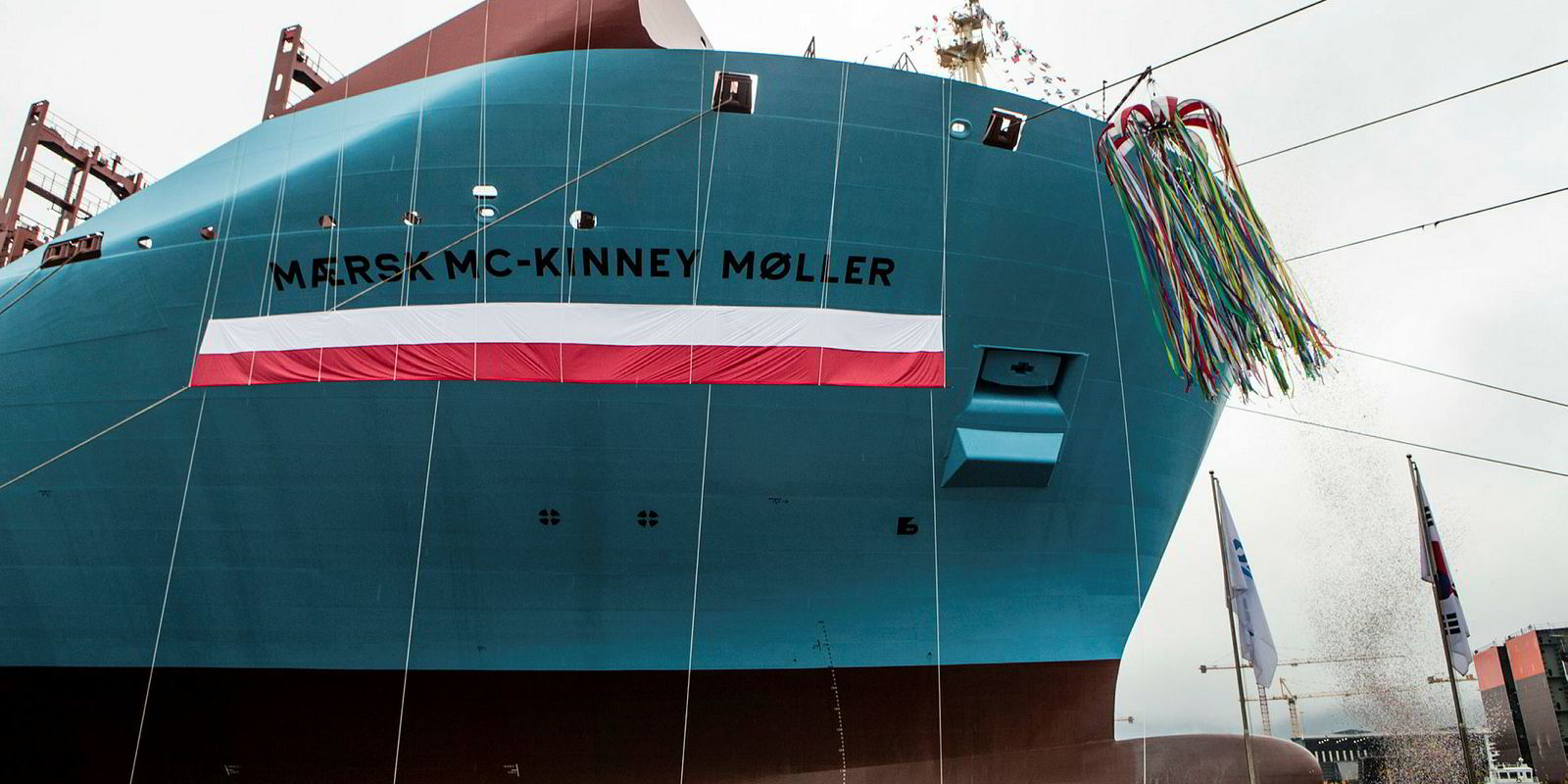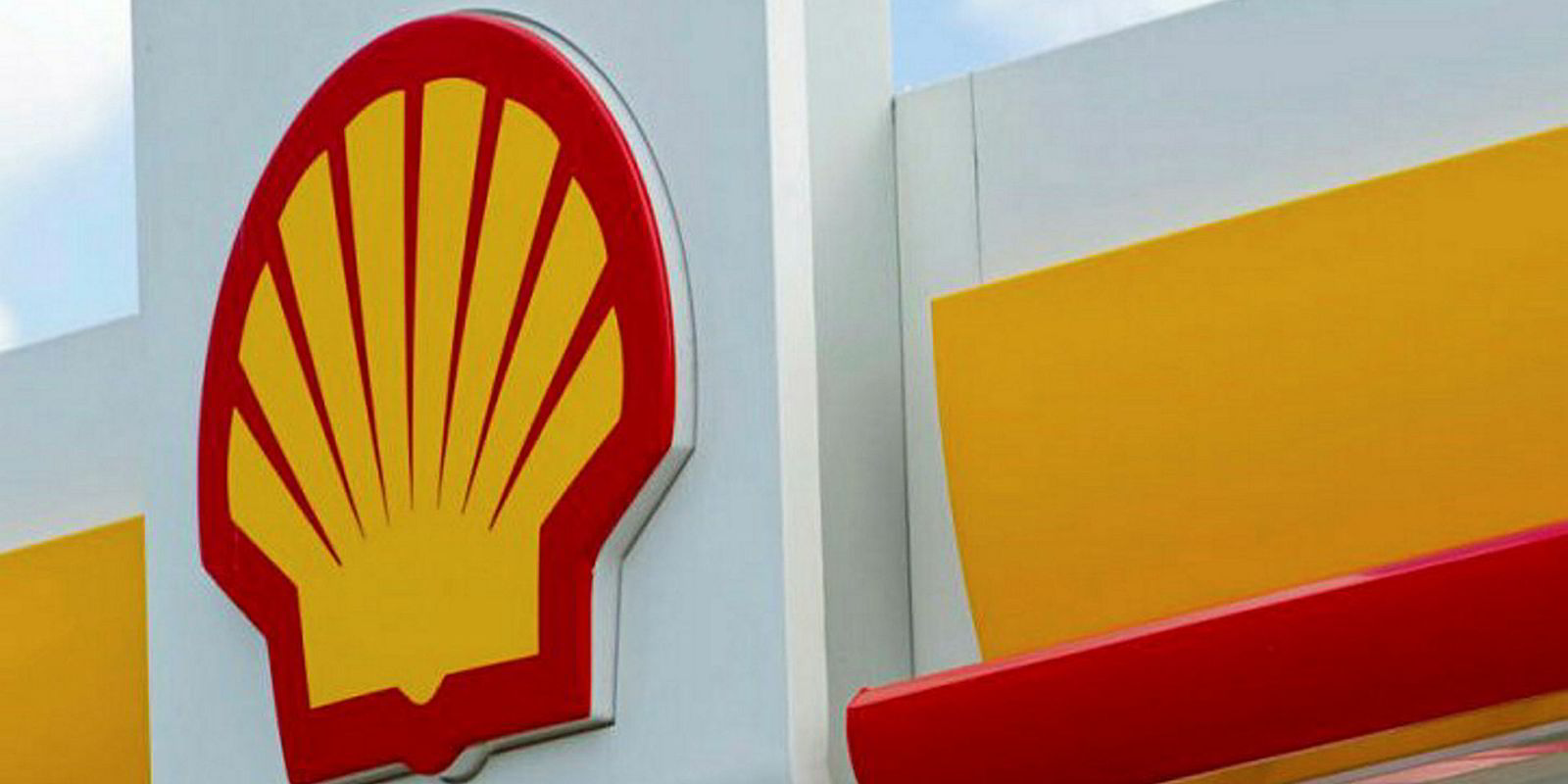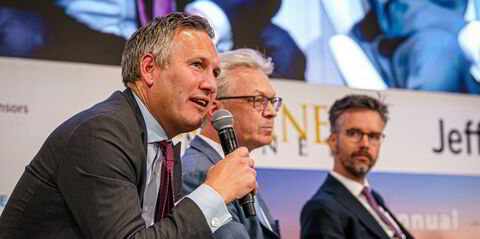AP Moller-Maersk chief executive Soren Skou believes a shore side solution is the preferable answer to addressing the issue of the IMO’s 2020 sulphur cap.
“We think the most sensible solution is to have the refineries remove the sulphur from the fuel before they sell it to us. Instead of us having to construct what is effectively a refinery on the ship.
“These are huge thinks these scrubbers and very difficult to install,” he told an audience at the Singapore Maritime Week 12th Maritime Lecture.
Skou, who was speaking in the grand ballroom of Singapore’s Ritz Charlton hotel, said scrubbers were “twice the height of this room”.
“Of course when you look at fuel spreads today the economics are very favourable for a scrubber,” he said.
“But the question is what happens to that fuel spread when we move closer to 2020. We will have to monitor that situation very carefully.
“Not that many scrubbers have been installed at this stage and we are only two years away from the enforcement deadline.”
Skou said that for the first part of the 2020s global shipping will have to rely on the refiners providing enough clean fuel.
In terms of alternative fuels he said LNG was an obvious option, but he felt that its wider application was still some way away.
He said what competitor CMA CGM was doing by ordering LNG-powered containerships made “a lot of sense”.
"If we were in a situation where we were considering ordering more containerships, which by the way we are not, then we would definitely look at LNG," Skou said.
However, he said the industry still faced a “chicken and egg situation” in that owners did not want to order LNG ships because they faced problems refuelling them anywhere, while the energy companies did not want to offer LNG bunkering stations because there are so few LNG-fueled ships.
He also looked to defend the environmental track record of the shipping industry describing as “by far the most environmentally friendly” mode of transport.
“The industry has done a lot over the last decade to reduce fuel consumption,” he said.
“In fact, if you look at Maersk Line this year we have burnt just over 10mt of fuel and that is a lot, but it is the same amount we burnt when I became CEO in 2012 and in the meantime our business has grown more than 50%.”





